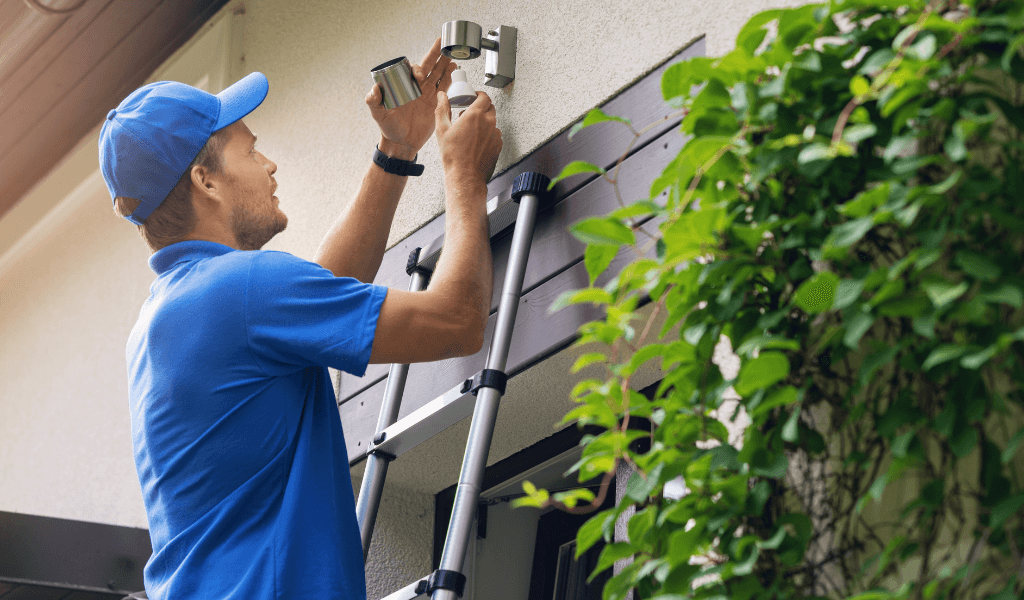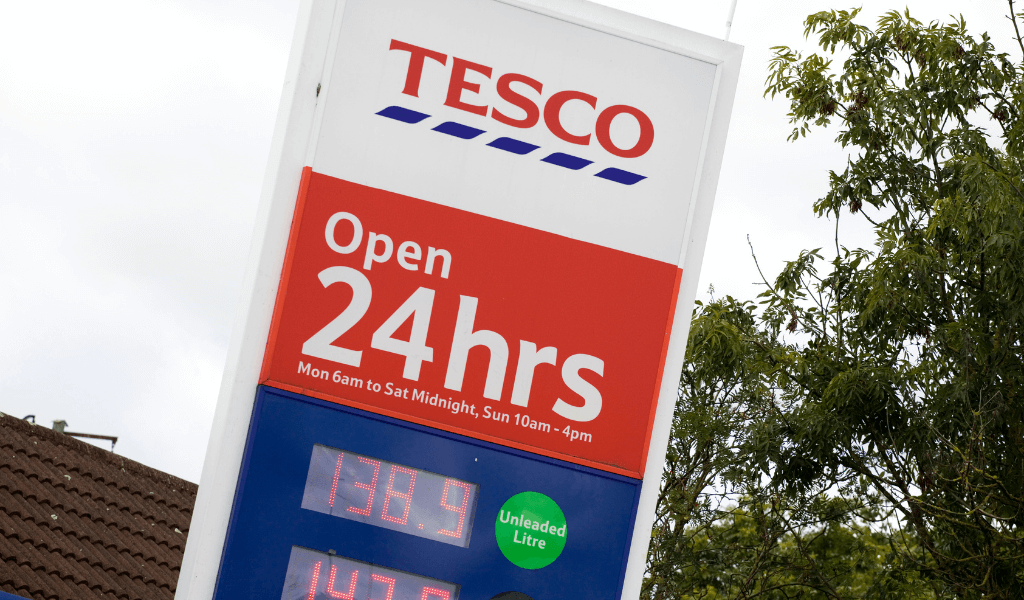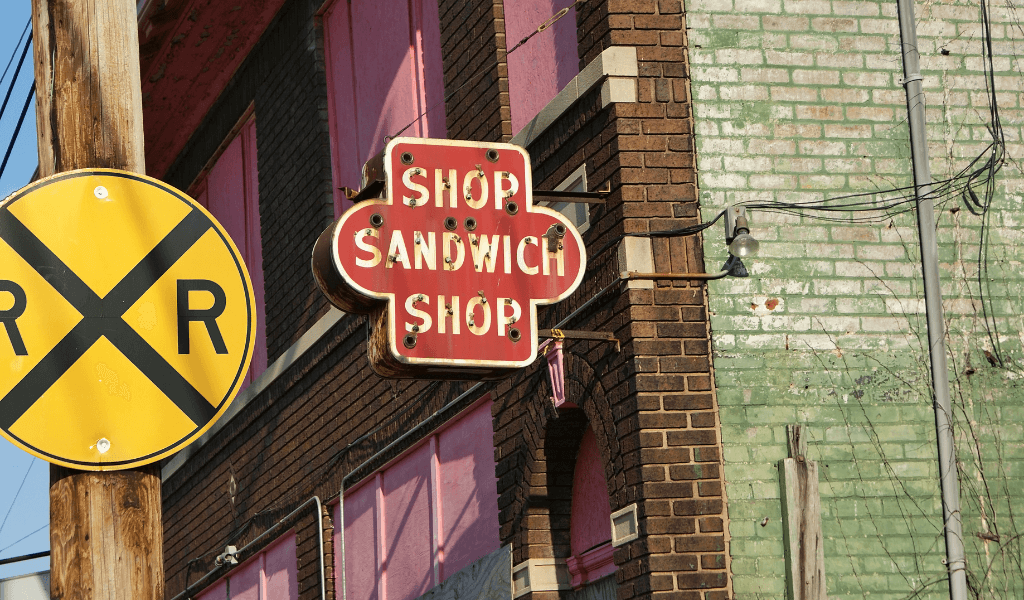Commercial property investment has become popular in recent years. Tax increases on residential investment has made commercial more attractive. In years gone by, only business owners would buy commercial properties. That’s changed, you now get investors that specialise in commercial units. On a personal level, I own both commercial and residential.
Commercial investment can seem daunting to newbies. The deal sizes are larger and the rules are more complex. If you want to invest in commercial, you’ll need to educate yourself.
This article serves as an introduction to commercial property investment. I’ll cover the advantages and disadvantages, compared to residential. I also explain how to value a commercial property, and how to hold commercial property inside your pension.
So is commercial property a good investment? In my view it is. But I don’t have a strong view about whether commercial or residential is better – I like both.
If you haven’t already, please follow me on Twitter and sign up to my email list. Get notified of my new content.
Residential properties are places where people live and sleep. Commercial properties are places where business is conducted. This includes shops, offices, restaurants, factories etc.
In the same way that people invest in residential properties, there are people that invest in commercial too. There’s many differences between residential and commercial, and in general, commercial is more complicated.
Is commercial property a good investment? If you look at the list below, you’ll see why many investors think it is.
The advantages of commercial are as follows:
- You can hold commercial property inside your pension
- Easier and cheaper to manage the property
- Easier to collect the rent. Rent is normally paid quarterly in advance
- Commercial leases allow you to charge interest of 3% above base rate
- You can get tenants out easily, if they aren't paying
- Most commercial leases get the tenant to pay for Insurance
- The tenant pays for all repairs
- If the property isn’t kept in good nick, then you can serve notice to ask the tenant to do the works
- The tenant pays for the management
- Leases are longer. 10-20 year leases are common
- Stamp duty is much lower
The disadvantages of commercial are as follows:
- More expensive to buy
- Financing is harder and more expensive
- Tenant demand is economically dependent
- Business rates are payable for empty properties
- Harder to value a commercial property
If you have a SSAS Pension, you can use your funds to invest in commercial property. This article explains how to set up a SSAS Pension.
In the UK, investing within a pension is incredibly tax efficient. The Government provides generous tax breaks to encourage us to save for retirement. If you don’t know much about pensions, then read this article. You probably have a pension from your job, so this is an excellent way to use your funds.
If you hold commercial property inside your pension, you can get a mortgage on that property. Although the mortgage is limited to 50% of the property value.
How to invest in commercial property? Well you need to value it 1st!
Residential properties are valued on the basis of comparables. You find a similar property close by and assume that your property has a similar price.
You might have thought that commercial properties are valued in the same way, but they’re not. You could have two identical properties next to each other, that have a very different valuation.
This is because commercial properties are priced on the basis of the tenant, and the income they provide. The following factors will give a higher commercial property valuation.
- Higher rent from the tenant
- A longer lease
- A better tenant (e.g. Boots or Tesco would be best type of tenant)
- Different types of property are valued differently (e.g. fast food, office, industrial)
With buy to let investment, you don’t need to worry about use classes. The C3 use class is for “Dwellings, Houses, Flats & Apartments”, i.e. most types of residential property.
The use class of a property defines what activity can take place inside it. For example, A1 includes shops, hair dressers and sandwich shops. A4 includes pubs and wine bars. There are many other use classes.
Use classes are very important for commercial properties. You can’t buy a hairdresser and turn it into a pub. You’ll need to get planning permission to do that. When buying a commercial property, it’s important to know what the use class is. If you have A1 use class, you need to decide if there’s local demand for shops or hairdressers.
Commercial Property investment is something that many residential investors are actively considering. There’s both pros and cons, which I’ve covered in this article.
If you liked this article, then check out some other ones I’ve written:












???? Message; Transfer NoKF21. WITHDRAW >>> https://graph.org/GET-BITCOIN-TRANSFER-02-23-2?hs=6020547b3c2addba2730dbf010439cb6& ????
1gikkr